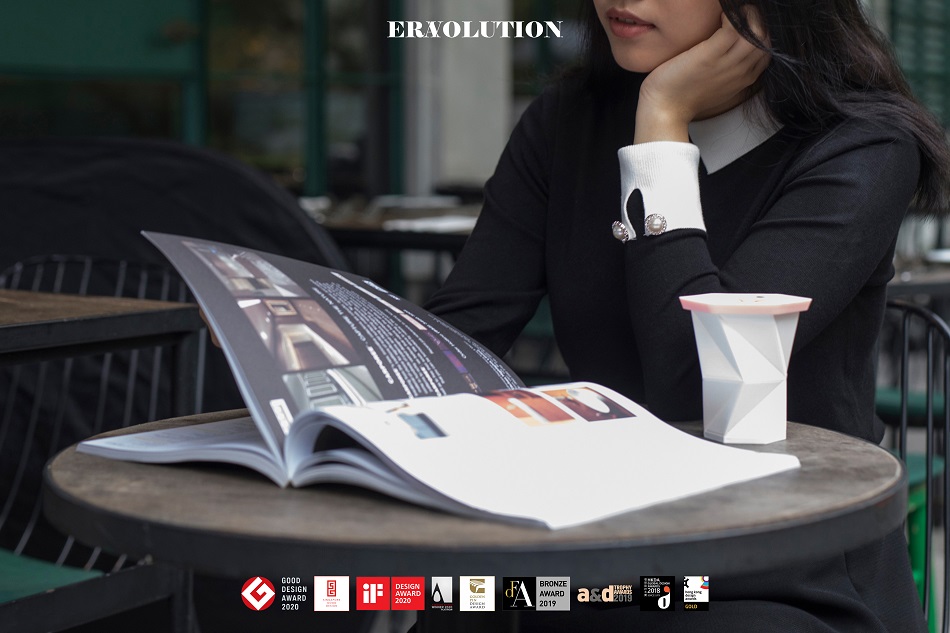PMQ Corner #09
Fertilize the Soil of crafts
SOIL
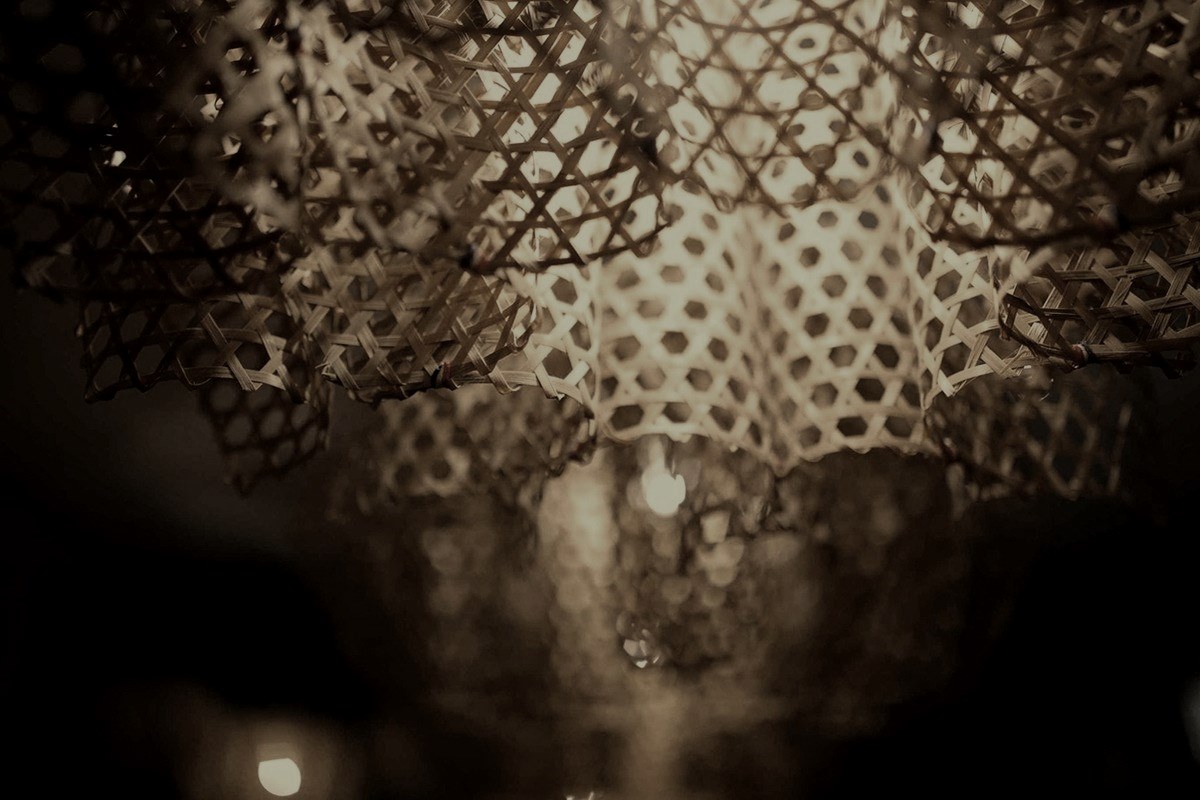
Written by Linus
Translated by Derek Leung
Photos by SOIL
The day that Susanna will never forget is the one in a lacquerware workshop in Bagan, Myanmar where she was watching artisans performing a series of complicated and time-consuming tasks including cutting sumacs, purifying, designing, modelling, lacquering, sanding, drying, carving… Never has she imagined she has to spend so much effort on a common lacquer piece.
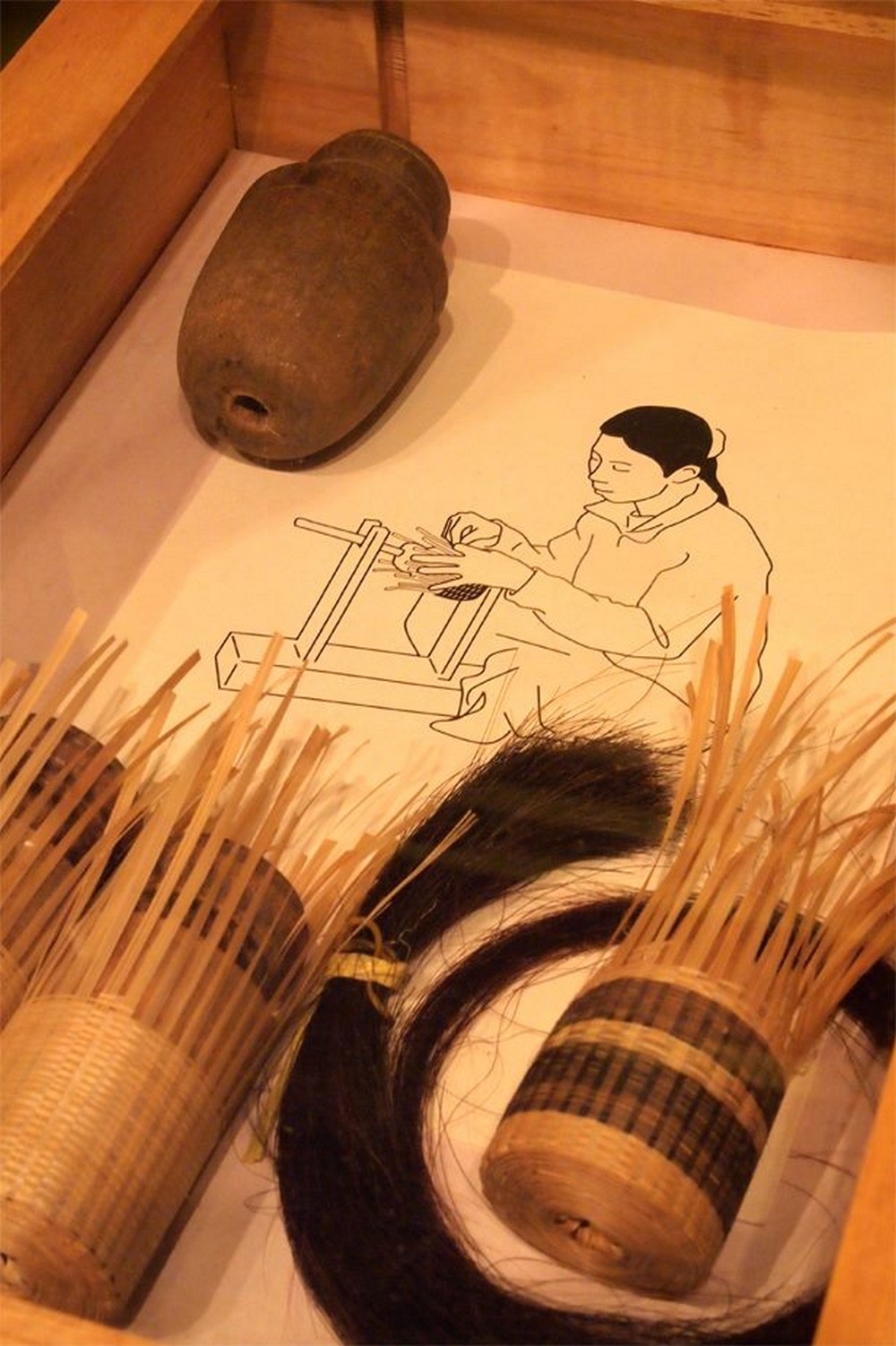
Invisible efforts of artisans behind the tangible containers for daily use.
"It’s an artist from Ukraine who set up the workshop, and lacquerware making is after all an ancient craft originally from China that spreads to Japan and Southeast Asia. How can the Chinese find it awkward?" She admitted, moved and modest.
That was a story in 2011 when the design promotion professional was carrying out a cultural project. In the Springtime which came a few months after, she joined her friends to head for Myanmar again, recording the process of lacquerware making in greater details, and even bringing some lacquer works back to Hong Kong.
"From the very beginning, I only want to do an exhibition. But afterwards, I thought people's perception on the exhibition won't last long, so why not running a pop-up shop to display and sell the products together at the same time? I think I can still find it a tiny achievement if a consumer buys an art piece which is almost forgotten in the world." Hence, she was joined with her friends to set up an art brand called SOIL and came up with their first pop-up shop in a backstreet of Sau Wa Fong, Wanchai, at the time when the concept of setting up pop-up shops has not yet become popular in Hong Kong.
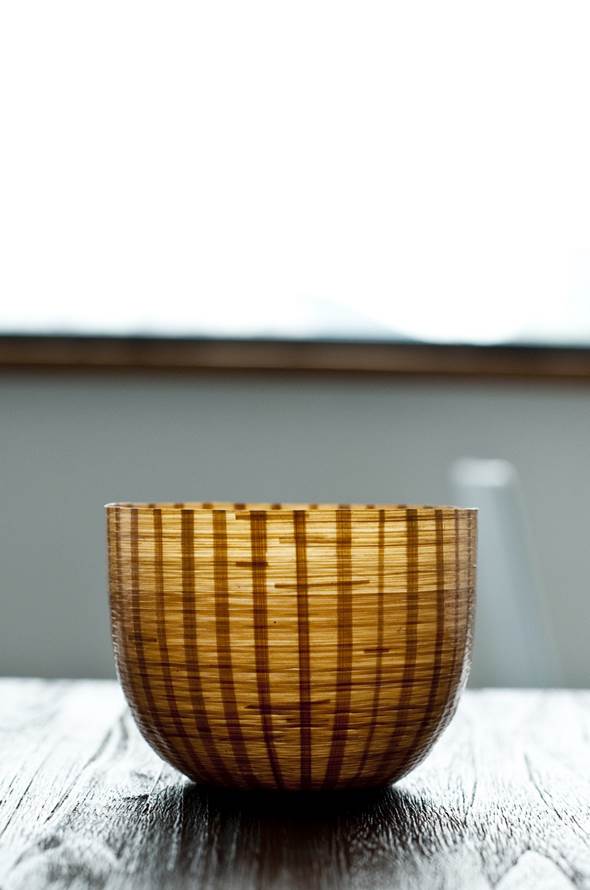
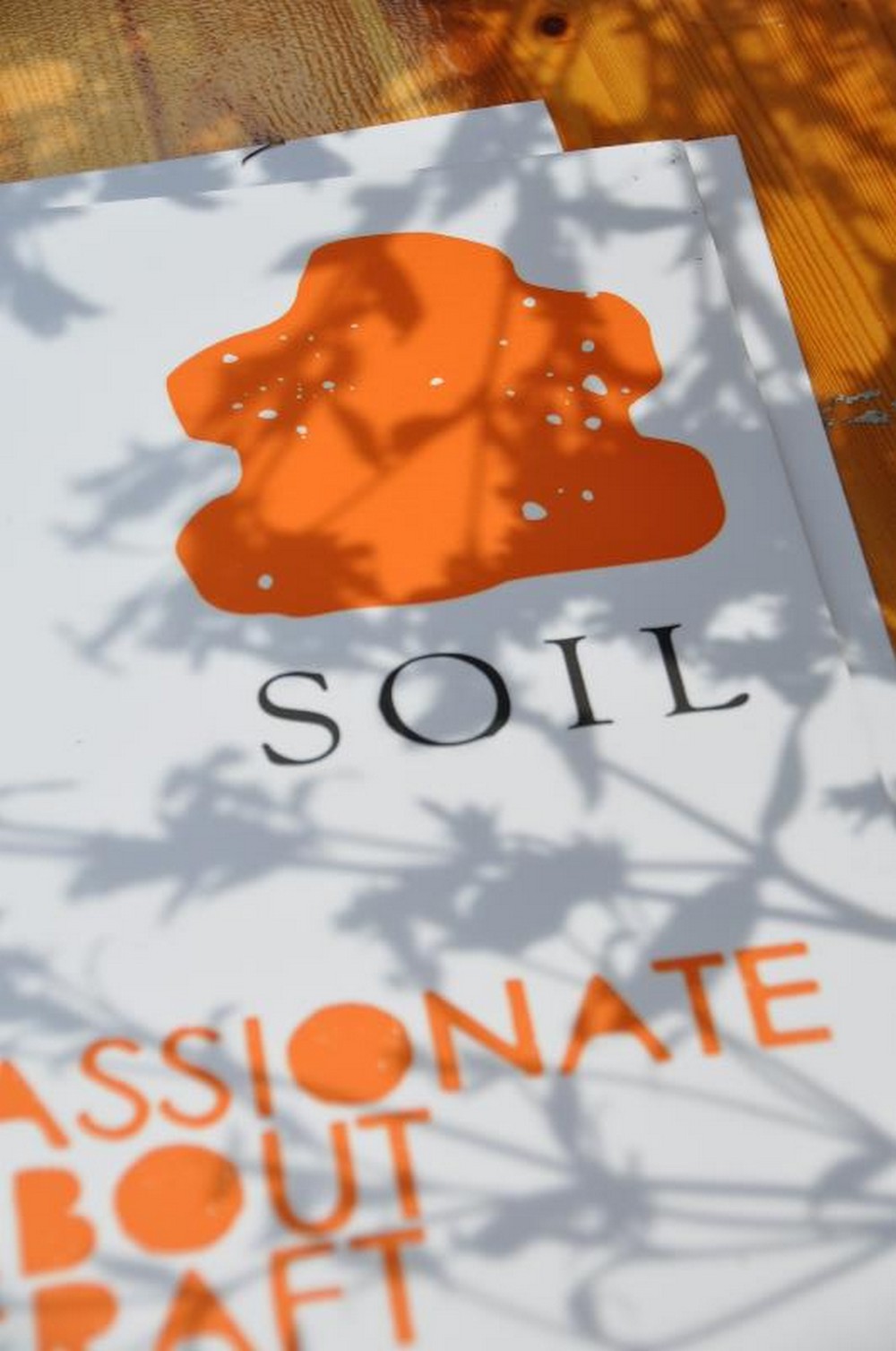
An introduction of the lacquerware culture upon the set-up of a Pop-Up store in 2012. // It is necessary to have fertile soil for further development of crafts.
“The local design community doesn’t know much about the crafts and raw materials, so there’re limitations on the creation and design. Hopefully, they can dig into the crafts on their own after looking at our products,” opined Susanna.
Finally, ninety percent of the exhibits were successfully sold out whereas the craft culture in Myanmar was elaborated. The windfall gain is her acquaintance with a crowd of fellows showing keen interest in the same crafts, followed by another opportunity to promote a new array of her crafts in a fabric shop in Square Street, Sheung Wan.
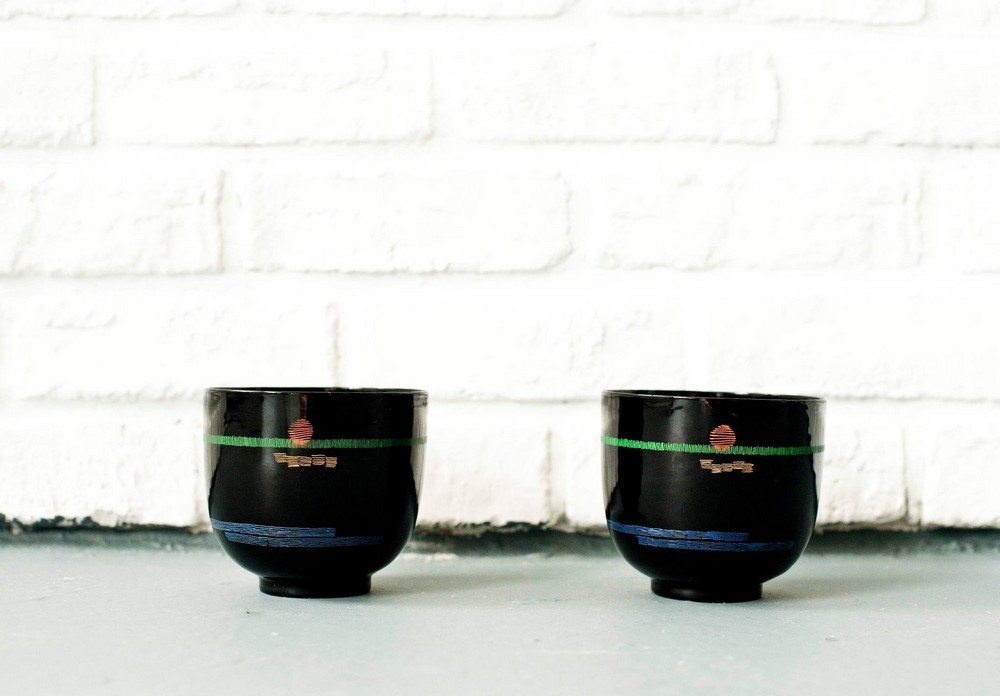
Innovative crafts upon collaboration with designers.
This summer, SOIL put down roots and opened a fixed-term store in hope of expanding its business. “It is never easy to be truly dedicated to the sustainable development of a certain craft like porcelain painting and lacquer art. It takes a lot of time to study, and you have to test and try the market while doing designs.”
A craft is not only a manual art, but also a representation of people and things in a certain place. Susanna expects people to see the world from the crafts, or at least to conserve the existing crafts. This is why the other day SOIL teamed up with Chiu Kee, a porcelain factory hidden in Peng Chau for half a century, and amazed the visitors in an exhibition of some floral Kwon-Glazed Porcelain bowls and cups, which enjoyed a widespread popularity in the past.
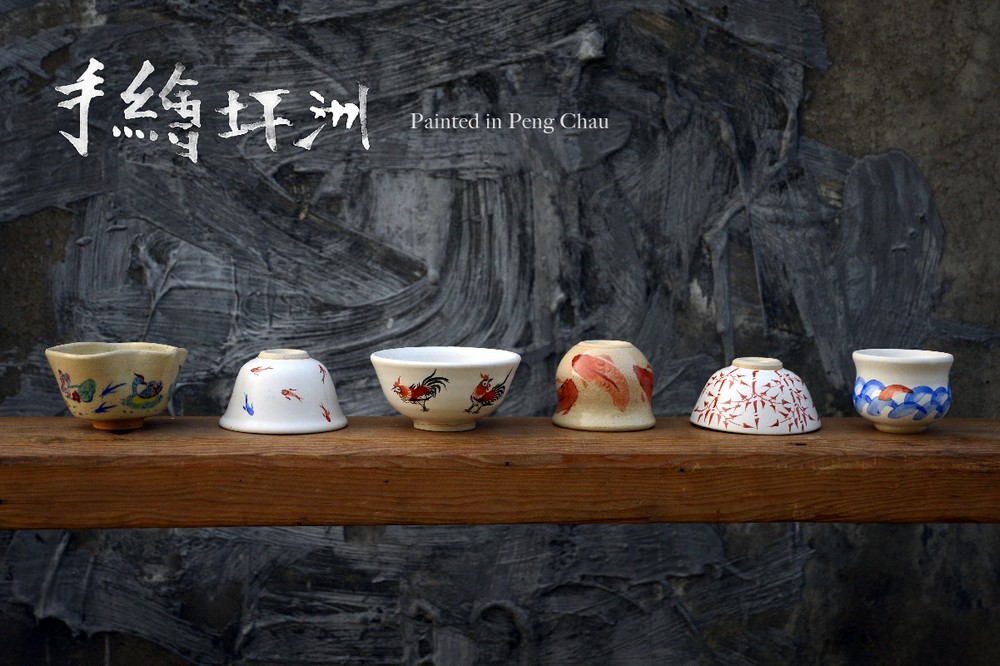
Greater awareness of Kwon-Glazed Porcelain upon collaboration with Chiu Kee.
On the following day upon completion of the Kwon-Glazed Porcelain exhibition, the boss of Chiu Kee, one of the experienced artists of this exclusive porcelain making industry in Hong Kong, passed away due to illness. The only way the craft will not be lost in vain is probably to cultivate a more fertile and fruitful land.
Address: SOIL, S307, 3/F, Staunton, PMQ


